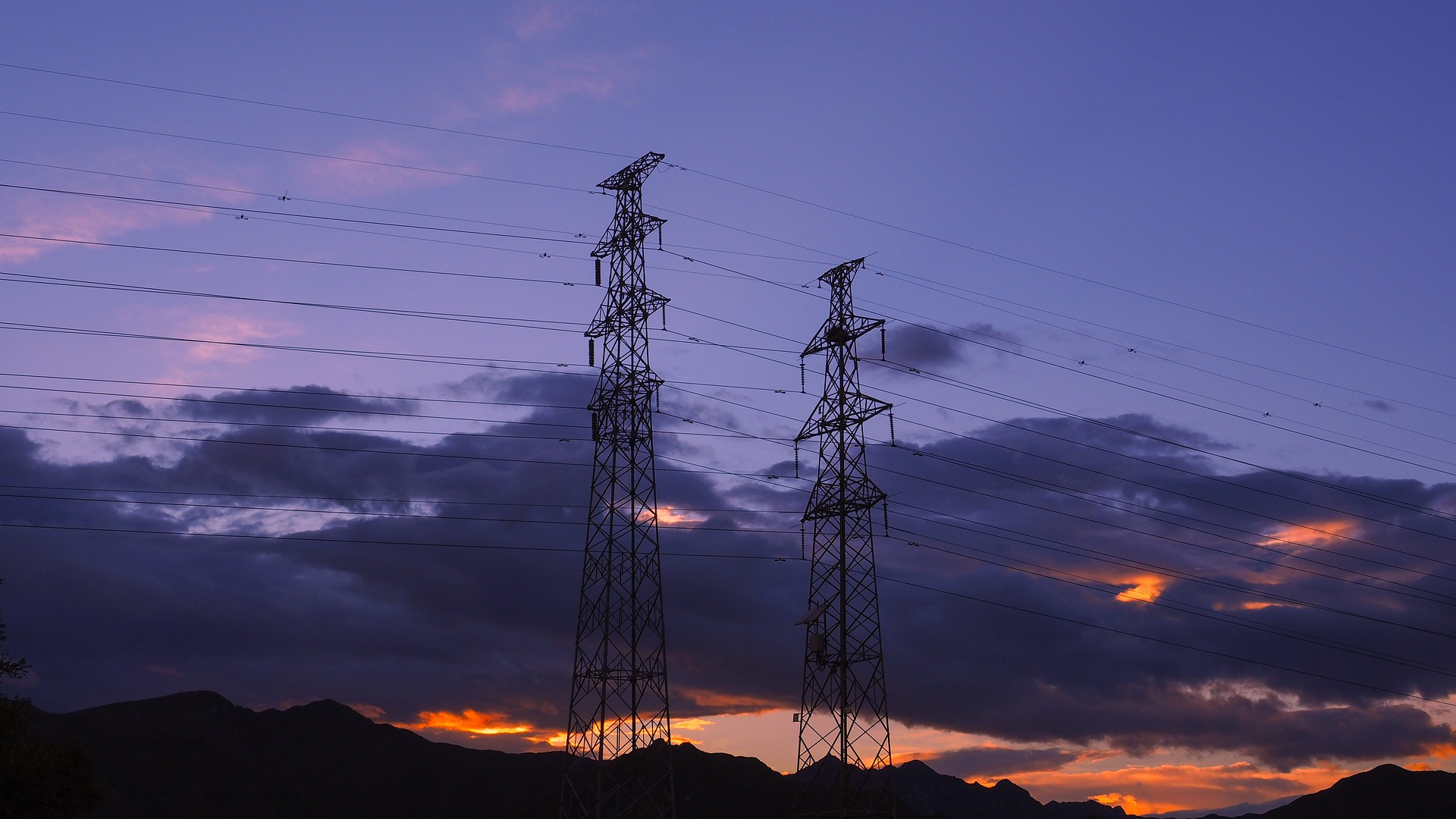In today’s interconnected world, cybersecurity is a critical issue that affects every industry. The energy sector, in particular, is an essential component of our society, and the protection of its infrastructure is of utmost importance. The energy sector has seen a rise in cyberattacks in recent years, making it imperative for companies to implement robust cybersecurity measures to safeguard their systems and operations.

The energy sector has become increasingly reliant on technology to manage its operations, from oil and gas exploration to electricity generation and distribution. The integration of digital technology into the energy sector has brought significant benefits, including increased efficiency, cost savings, and enhanced productivity. However, it has also made the sector vulnerable to cyber threats, which can have severe consequences, including disruption of supply, damage to equipment, and even the loss of life.
The critical infrastructure of the energy sector includes power plants, transmission and distribution networks, refineries, and pipelines. These systems are connected to the internet and are accessible to cybercriminals worldwide. As such, the energy sector is a prime target for cyberattacks by hackers, terrorists, and state-sponsored actors.
The energy sector’s vulnerability to cyberattacks is compounded by the fact that its infrastructure is often outdated, and many of the systems were not designed with cybersecurity in mind. Furthermore, many companies in the sector lack the expertise and resources needed to manage cybersecurity risks effectively. This leaves them vulnerable to cyberattacks, which can have far-reaching consequences.
The consequences of a successful cyberattack on the energy sector can be severe. For example, a cyberattack on a power plant could result in a blackout, leaving millions of people without electricity for an extended period. Similarly, an attack on a pipeline could cause a major oil spill, resulting in environmental damage and economic losses. Moreover, an attack on a refinery could result in the release of toxic chemicals, putting nearby communities at risk.
To address these risks, energy companies need to implement robust cybersecurity measures to protect their critical infrastructure. This includes implementing strong passwords, using firewalls and antivirus software, encrypting sensitive data, and implementing multi-factor authentication. Furthermore, energy companies must ensure that all employees are aware of the cybersecurity risks and are trained to identify and report potential threats.
Another critical component of cybersecurity in the energy sector is the sharing of information and intelligence. This includes sharing information about potential threats and vulnerabilities with other companies in the sector, as well as with government agencies and law enforcement. This collaboration can help to identify and mitigate threats before they become a significant risk.
Finally, the energy sector must be prepared to respond quickly and effectively to a cyberattack. This includes having a well-defined incident response plan in place, which outlines the steps that need to be taken in the event of a cyberattack. This plan should include protocols for notifying key stakeholders, such as customers, regulators, and law enforcement. It should also outline the steps that need to be taken to contain the attack, recover systems, and restore operations as quickly as possible.
In conclusion, cybersecurity is a critical issue for the energy sector, and protecting critical infrastructure is essential. Cyberattacks on the energy sector can have severe consequences, including disruption of supply, damage to equipment, and even the loss of life. Energy companies must implement robust cybersecurity measures to safeguard their systems and operations, including implementing strong passwords, using firewalls and antivirus software, encrypting sensitive data, and implementing multi-factor authentication. They must also be prepared to respond quickly and effectively to a cyberattack, with a well-defined incident response plan in place. The energy sector must work collaboratively to share information and intelligence about potential threats and vulnerabilities. By taking these steps, the energy sector can reduce the risk of cyberattacks and ensure the security and resilience of critical infrastructure.